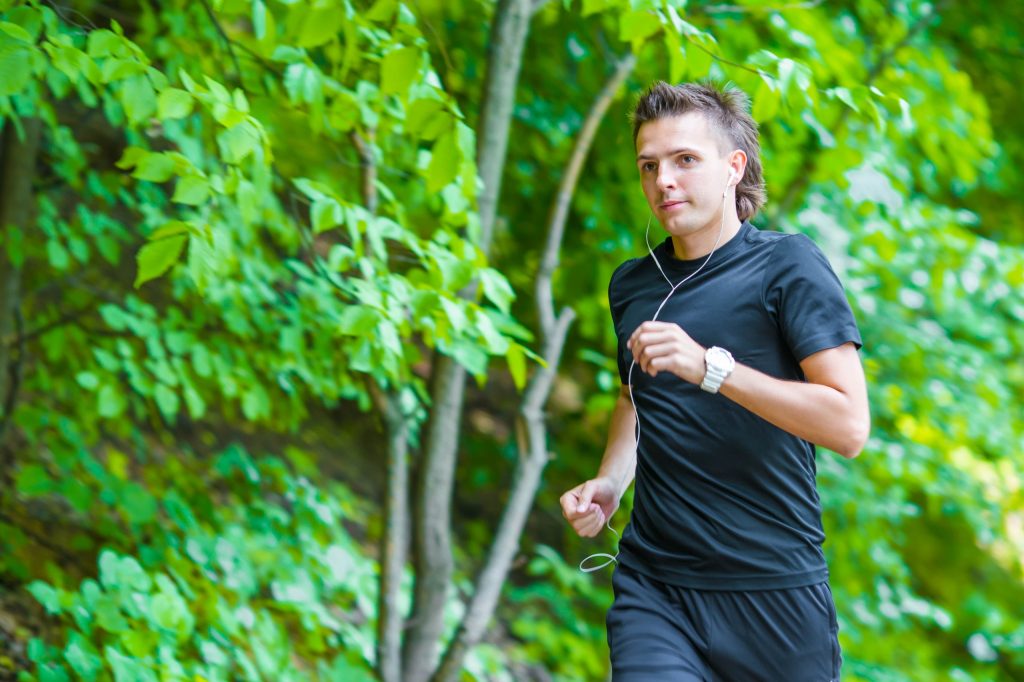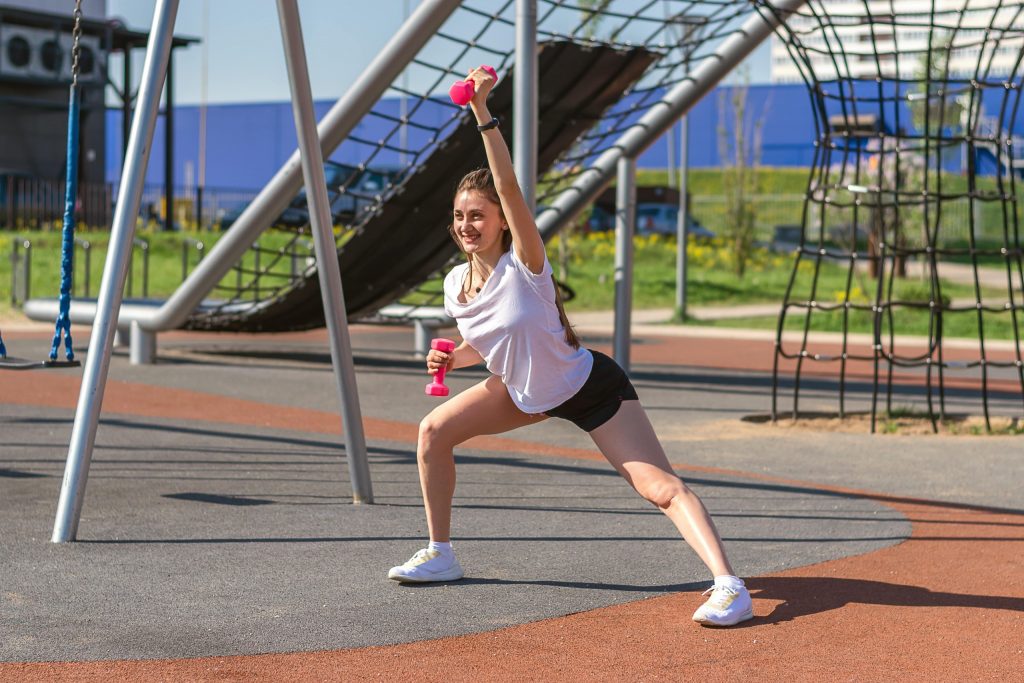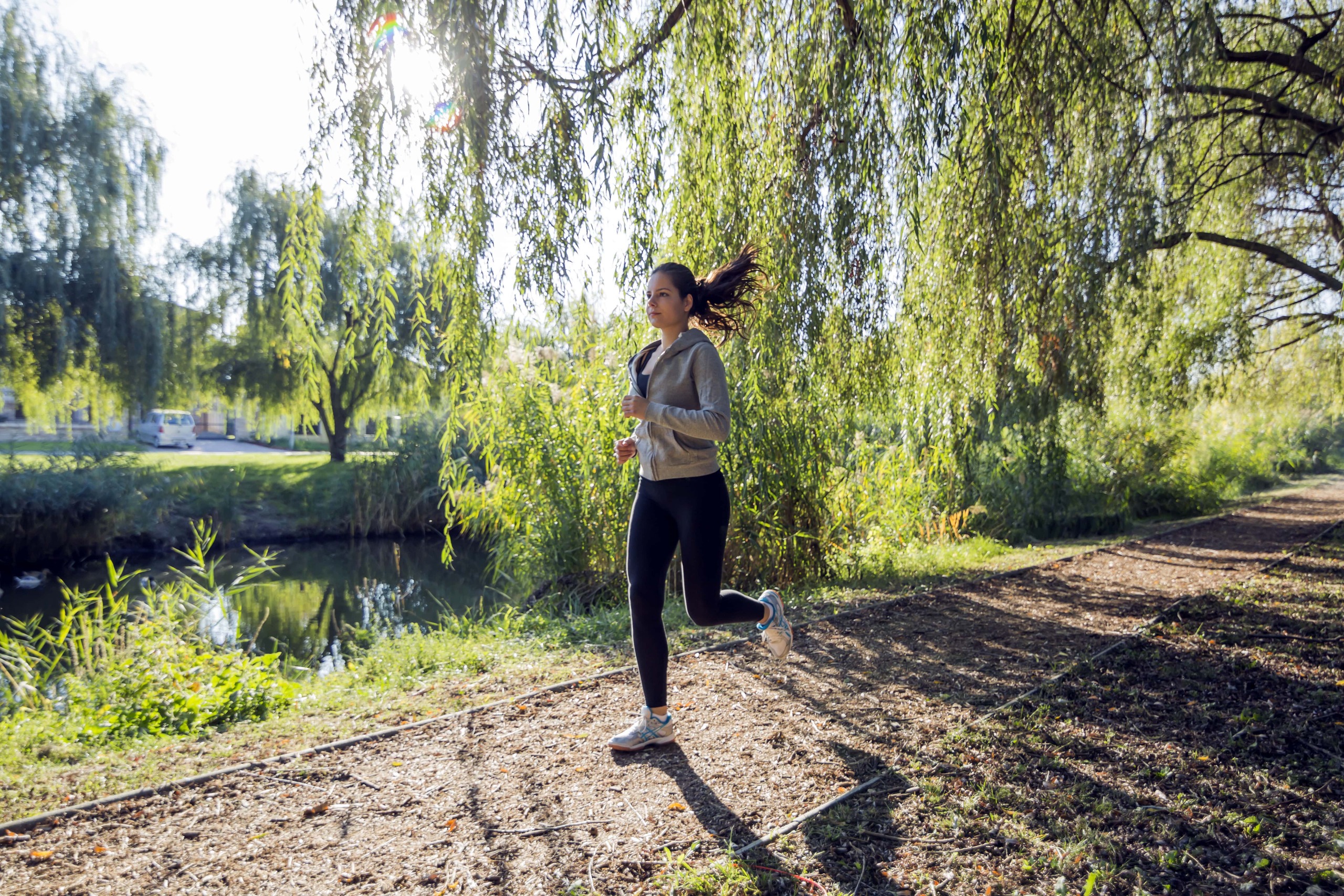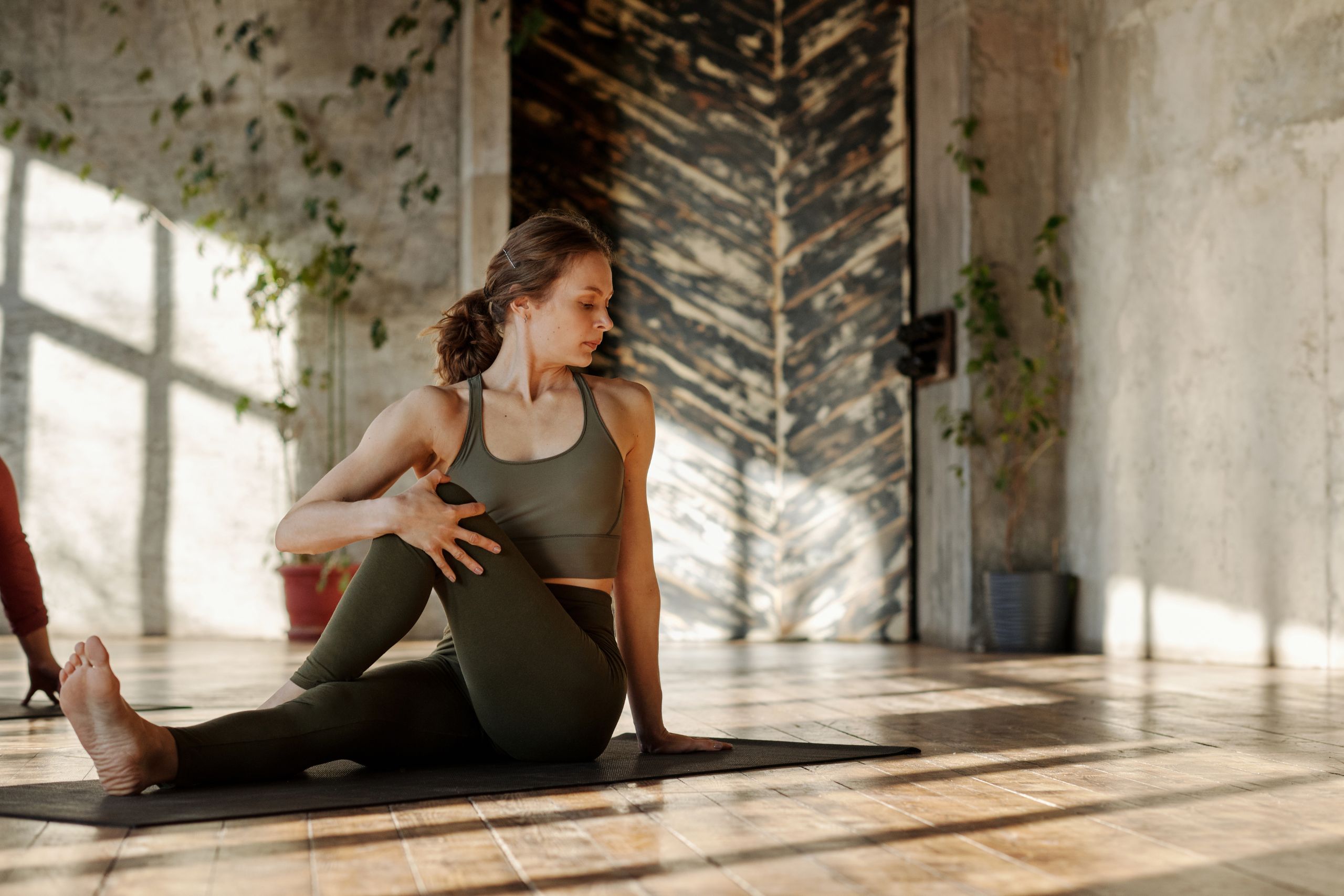Regular exercise increases general well-being and strengthens lung capacity, therefore improving respiratory condition. Physical exercise helps to boost oxygen intake, which is necessary for best lung function and efficiency. People who exercise have more strong respiratory muscles, which improves air exchange and lessens dyspnea during regular tasks. People with chronic lung diseases like COPD and lung cancer may be able to handle exercise better, have a better quality of life, and have better health results. This is especially important for these people. Also, daily exercise improves the health of your heart and lungs, which are important for sending oxygen-rich blood all over your body. Regular exercise helps people have a good respiratory system, which not only helps reduce symptoms but also helps them take back control over their life so they may go about everyday activities and maybe resume their employment. Maintaining respiratory health and improving general quality of living ultimately depend on including exercise into everyday activities.
How Exercise Enhances Lung Function
Regular physical activity is a fantastic way to improve lung capacity and efficiency mostly by strengthening the muscles involved in breathing. Running, swimming, or even a fast walk helps your respiratory muscles—including the diaphragm and intercostal muscles—become more powerful and effective. This increased strength helps your lungs to expand and contract more accurately, therefore facilitating the fresh oxygen intake and stale air expaling process. Your breathing depth may become more noticeable and you may feel less winded throughout physical activity as these muscles get stronger.
Especially aerobic exercises are very good for improving body oxygen exchange. Swimming or jogging increase your heart rate and motivate your lungs to work harder, therefore improving the whole efficiency of your respiratory system. Breathing more deeply and swiftly during exercise helps your body learn to use oxygen more effectively, therefore ensuring that your organs and muscles receive the energy they need. This improves your physical performance as well as your general lung fitness and helps ease dyspnea, particularly in those with asthma. So get ready with your shoes or grab your swimwear and start to reap the advantages of exercise.

Minimizing the Risk of Respiratory Conditions
Asthma and chronic obstructive pulmonary disease (COPD) are two respiratory disorders whose prevention and relief may be much aided by exercise. Frequent physical activity increases the oxygen-using efficiency of your body, therefore enhancing lung capacity. Deeper breathing patterns are encouraged by activities specifically focused at respiratory health like yoga, walking, and cycling. This allows mucus and other irritants from the airways to be eliminated, therefore enabling breathing and lowering the frequency of COPD flare-ups or asthma episodes.
Furthermore, exercise has been shown to lower bodily inflammation, which is a major component of many respiratory disorders. Moderate physical exercise can reduce inflammatory indicators, therefore promoting better lung condition. Furthermore, when you exercise your body produces endorphins, which may improve your mood and lower anxiety, thus helping you to control the tension often accompanying respiratory problems. Whether it’s in a gentle yoga class or a stroll in the park, staying active is a great way to support your respiratory health and boost your overall well-being.
The Role of Fitness in Detoxifying Your Lungs
Regular exercise is one excellent way to help body toxins be removed and increase lung capacity. Our breathing rate rises dramatically during activity, hence we are inhaling more air—and with it more oxygen. By means of deeper breathing, carbon dioxide and other unwelcome particles from our lungs are expelled. Furthermore, the more airflow helps to release mucus, therefore facilitating our systems’ ability to eliminate any caught contaminants. Thus, every time you visit the gym or run, you are not only training your muscles but also giving your lungs some exercise!
In the modern world, when environmental toxins may seriously compromise our respiratory condition, being active is very vital. Regular exercise improves blood circulation and strengthens the respiratory system, therefore enabling more effective delivery of oxygen to our organs. This enhanced circulation may also let our bodies fight the detrimental consequences of air pollution. Our lungs and heart are more robust when we are physically active, which helps us to manage those bothersome toxins that could compromise our breathing. All things considered, adopting an active lifestyle is a basic but effective way to improve lung condition and reduce the influence of environmental poisons. Let us so start and treat our lungs the way they deserve.
Best Exercises for Better Respiratory Health
Excellent strategies to improve lung health and enjoy the surroundings include brisk walking and cycling. Both exercises have your lungs working harder and raise your heart rate, which over time helps to enhance lung capacity. Aim for 15 to 30 minutes a day if you’re just beginning out; as you develop your endurance, strive to progressively extend the time. Parking a little bit further from your house or choosing the stairs instead of the elevator might even help you include brisk walking into your regular routine.
Still another fantastic choice for lung health is swimming. The resistance of the water creates a particular challenge that increases the effort of your respiratory muscles. Moreover, swimming’s essential regular breathing helps increase lung capacity. If you have never swum, think about merely splashing around the pool for pleasure or enrolling in a local class. Through its deep breathing exercises, which teach you to learn to manage your breath and relax, yoga also provides tremendous advantages. Beginning with basic positions, concentrate on your breathing for a few minutes every day; you will soon enough see changes in your lung function. The secret is consistency; so, choose things you like and you will be more inclined to keep them going.
Tips for Managing Exercise with Pre-Existing Respiratory Issues
Staying active is crucial if you have asthma, but you also have to do it carefully. Talk to your doctor before beginning any workout program. They may provide advice on breathing management and assist you to choose the kinds of exercise suitable for you. Actually, regular exercise may enhance your quality of life, hence it is advisable to receive appropriate advice!
Start always with a suitable warm-up. To prepare your body for more vigorous exercise, spend several minutes doing mild exercises or easy stretches. This also prepares your lungs. Remember to gently cool down after exercise; this helps your heart rate and breathing to stabilize. Additionally helpful are breathing techniques such as pursed lip breathing or diaphragmatic breathing. These methods enable you to inhale slowly, deeply, therefore facilitating the management of your breathing during physical exercise.
At last, it is advisable to carefully work with your healthcare practitioner. They could show you proper breathing techniques and help you create a tailored fitness program fit for your need. These actions will enable you to regulate your asthma and still enjoy the benefits of exercise.

Conclusion
By raising lung capacity, boosting oxygenation, and lowering the prevalence of respiratory disorders like asthma and lung cancer impacts, regular exercise is rather important in promoting respiratory health. Physical exercise tones respiratory muscles, helps with the symptoms of respiratory disorders, and correct breathing patterns. Exercise also promotes resistance against tiredness, increases quality of life, and raises endurance, therefore improving general well-being. Regular exercise is crucial for better breathing and respiratory health as it helps people to enjoy major long-term health advantages like enhanced lung function and lower hospitalization rates.


